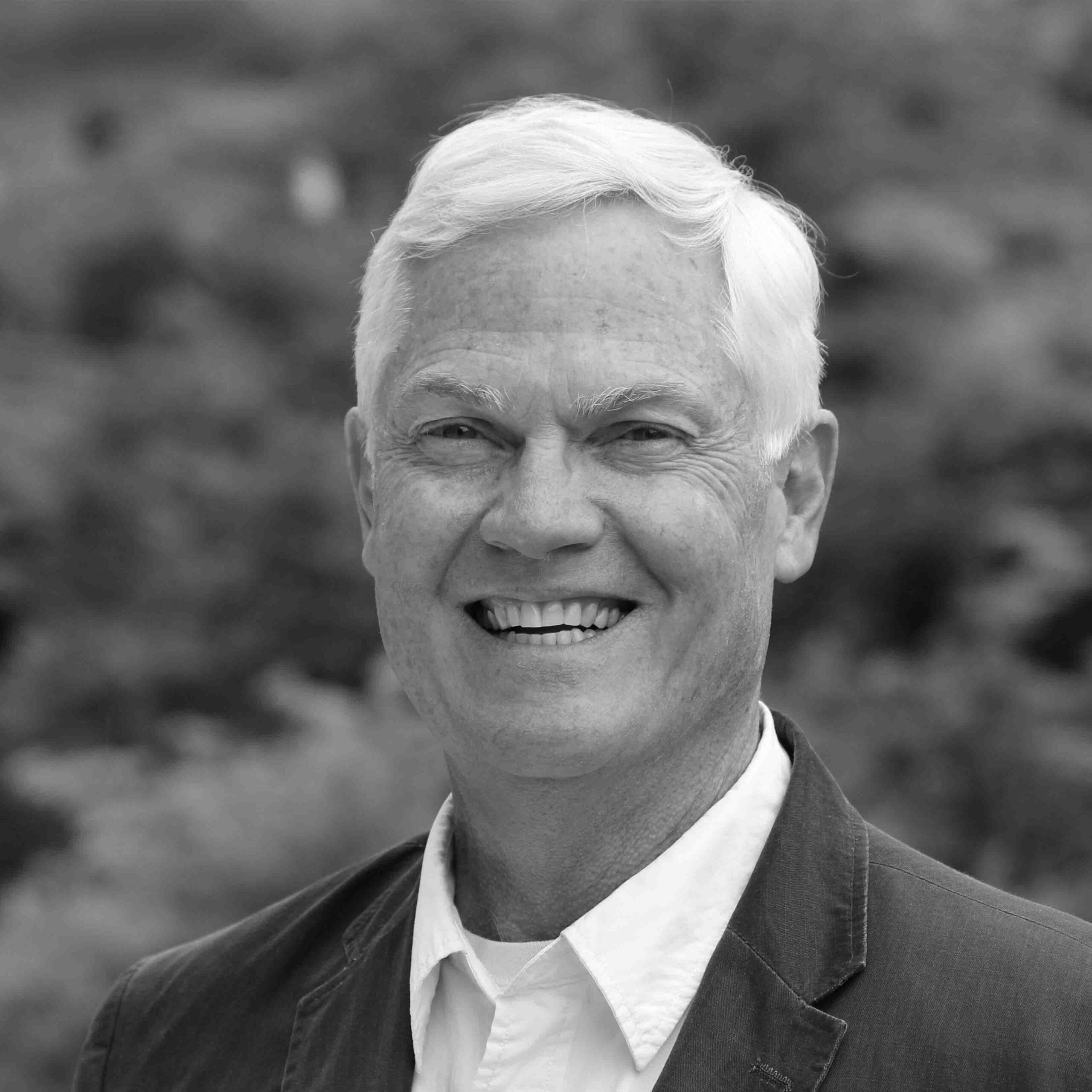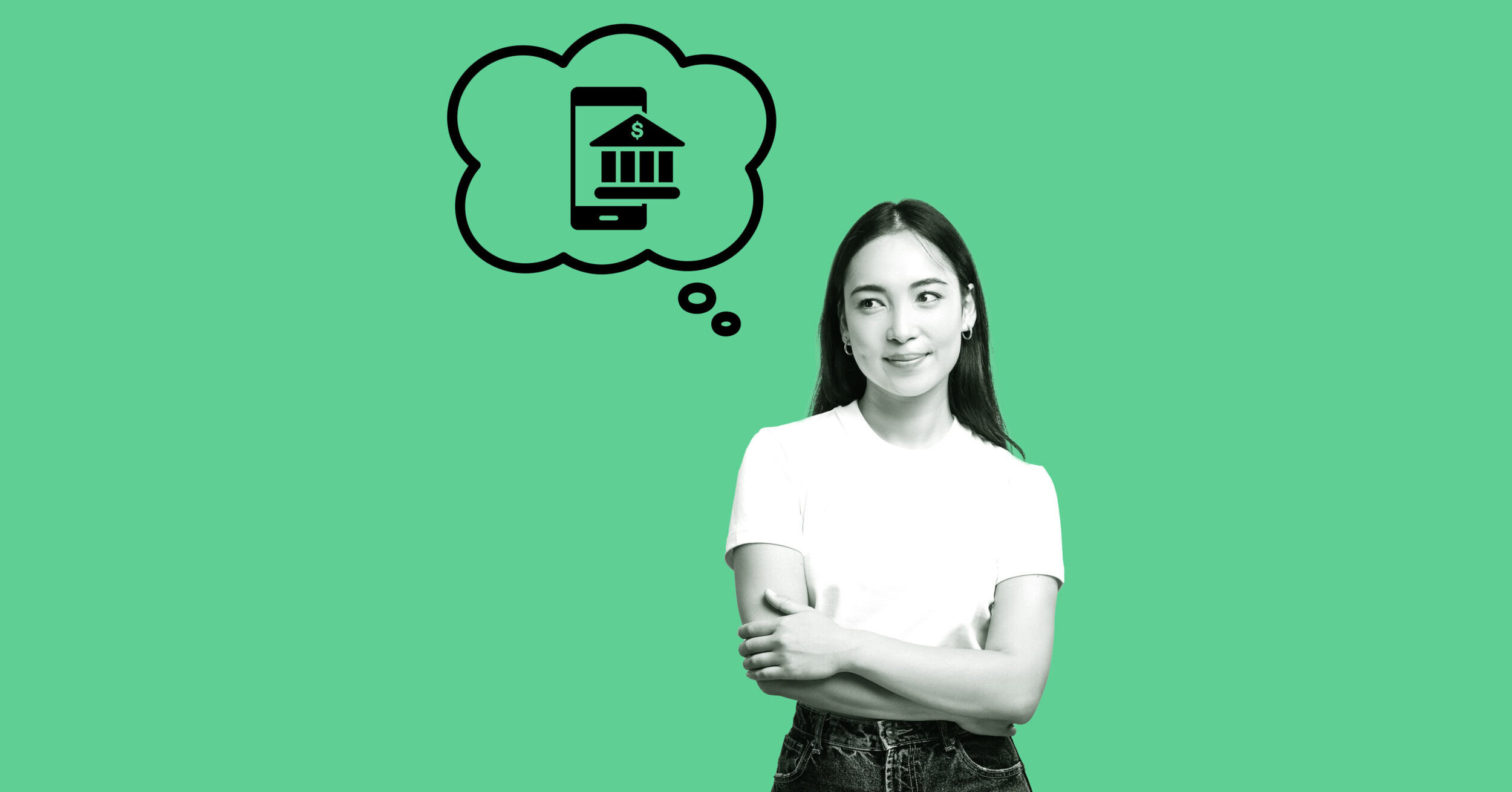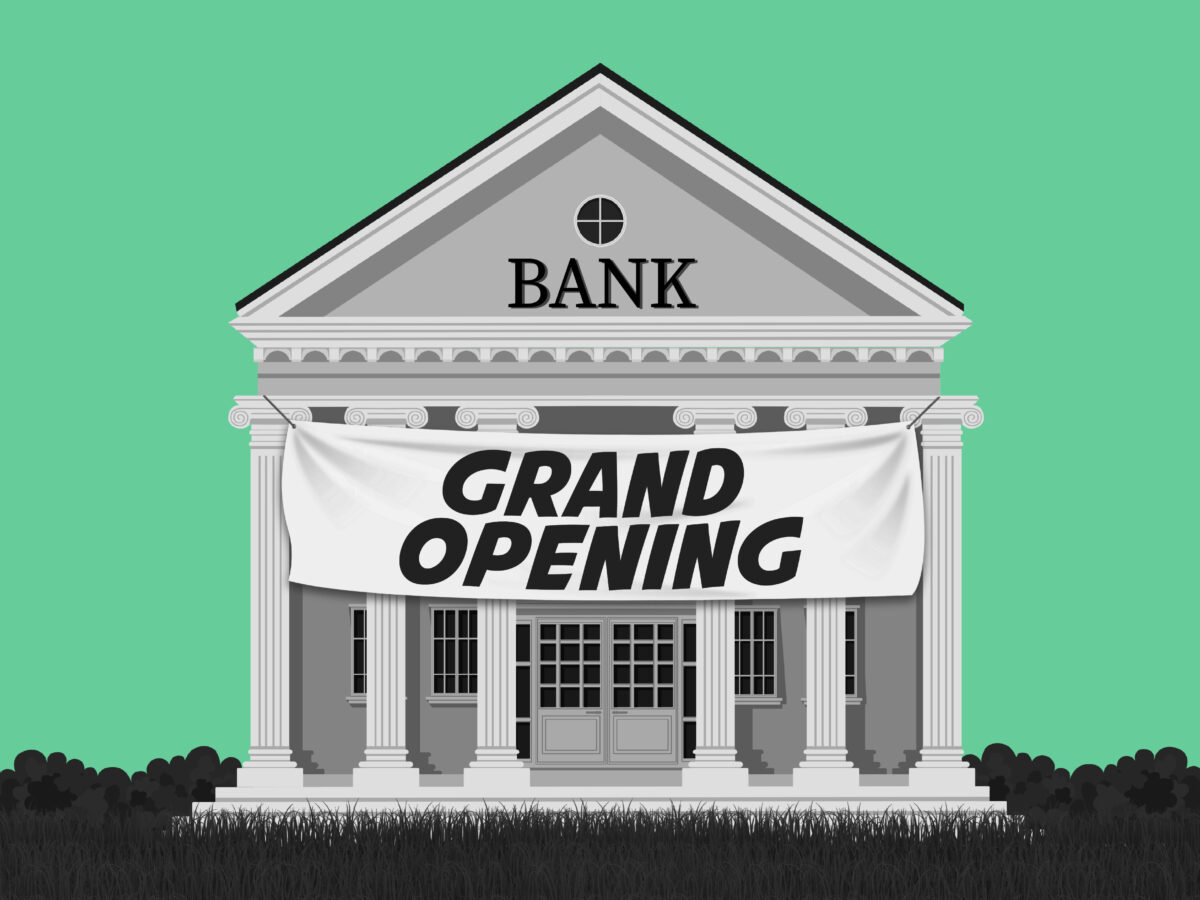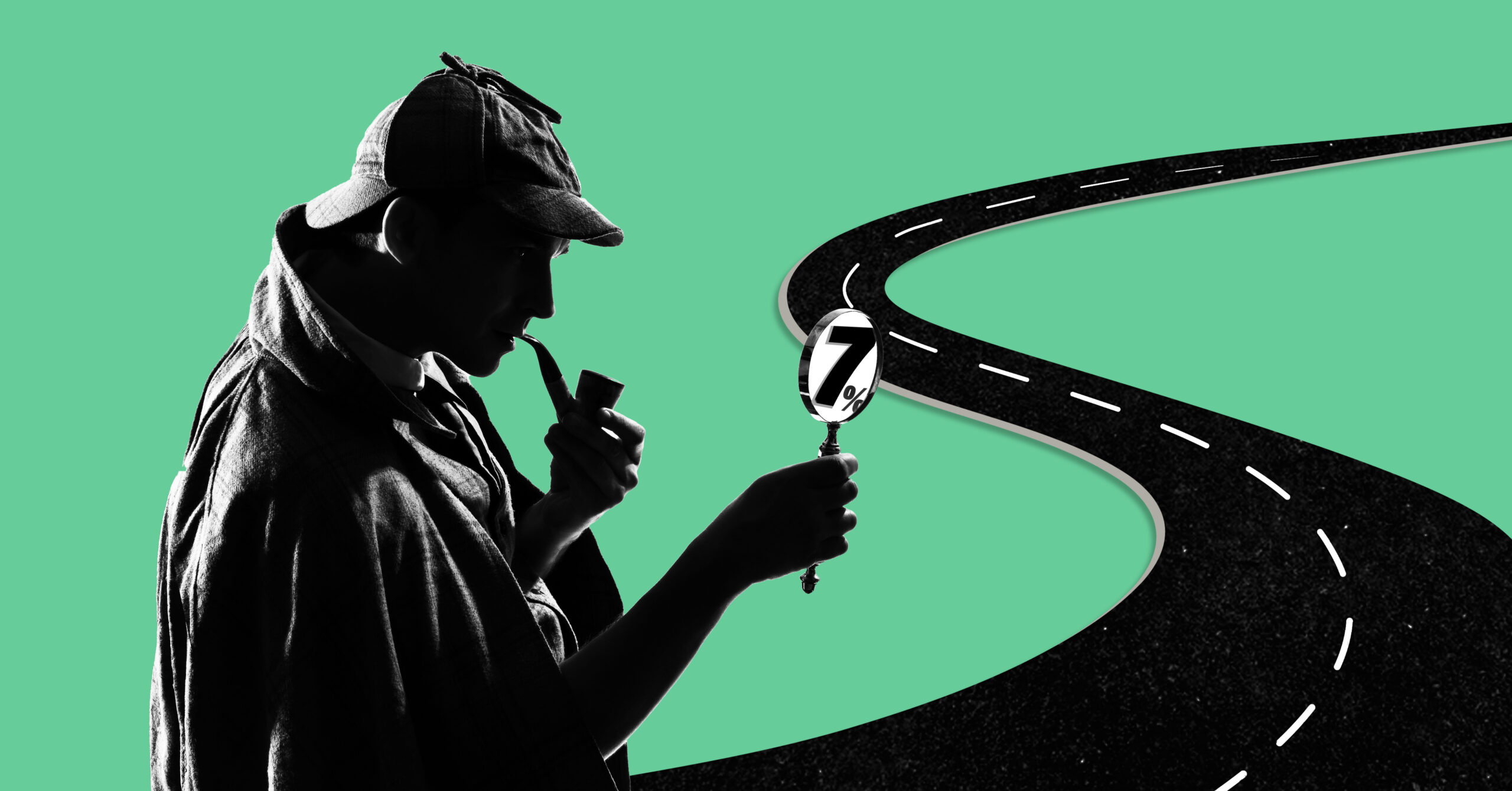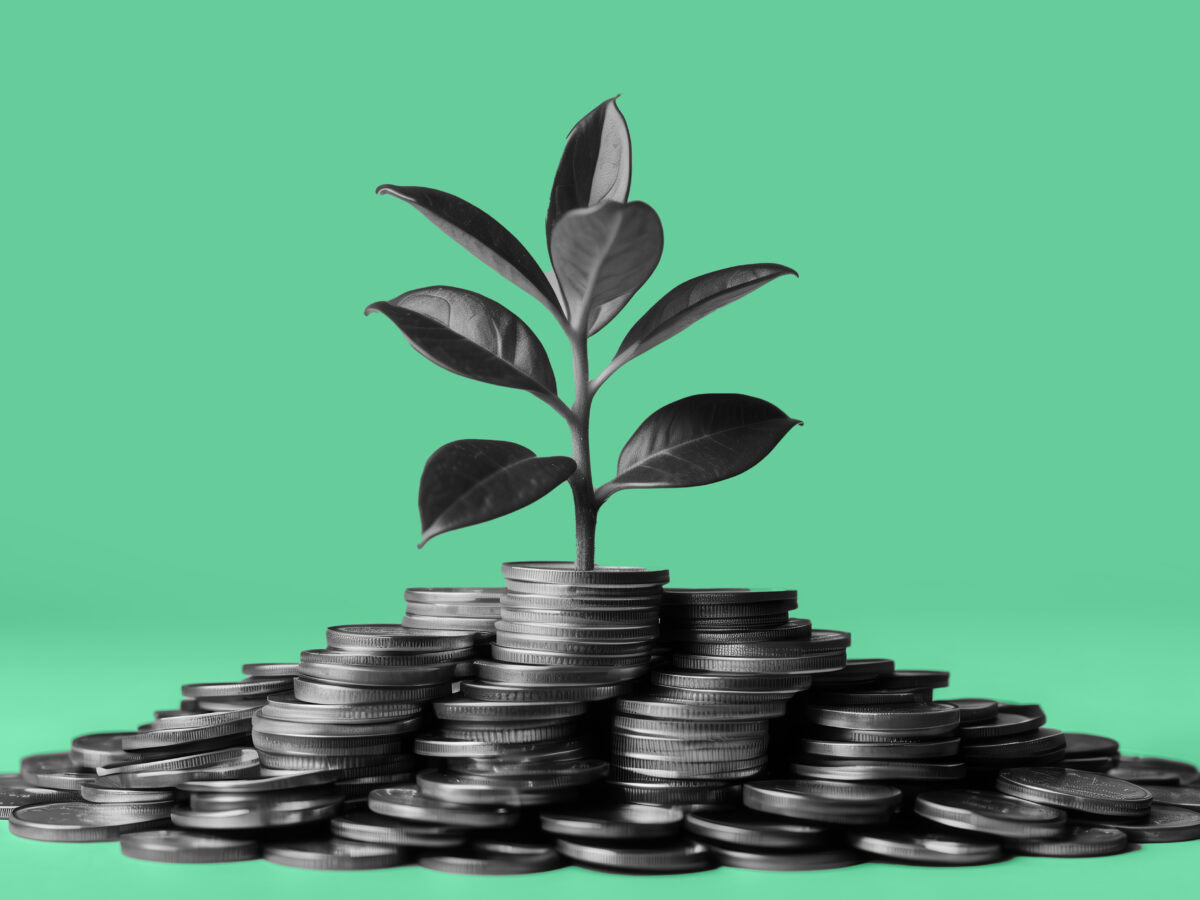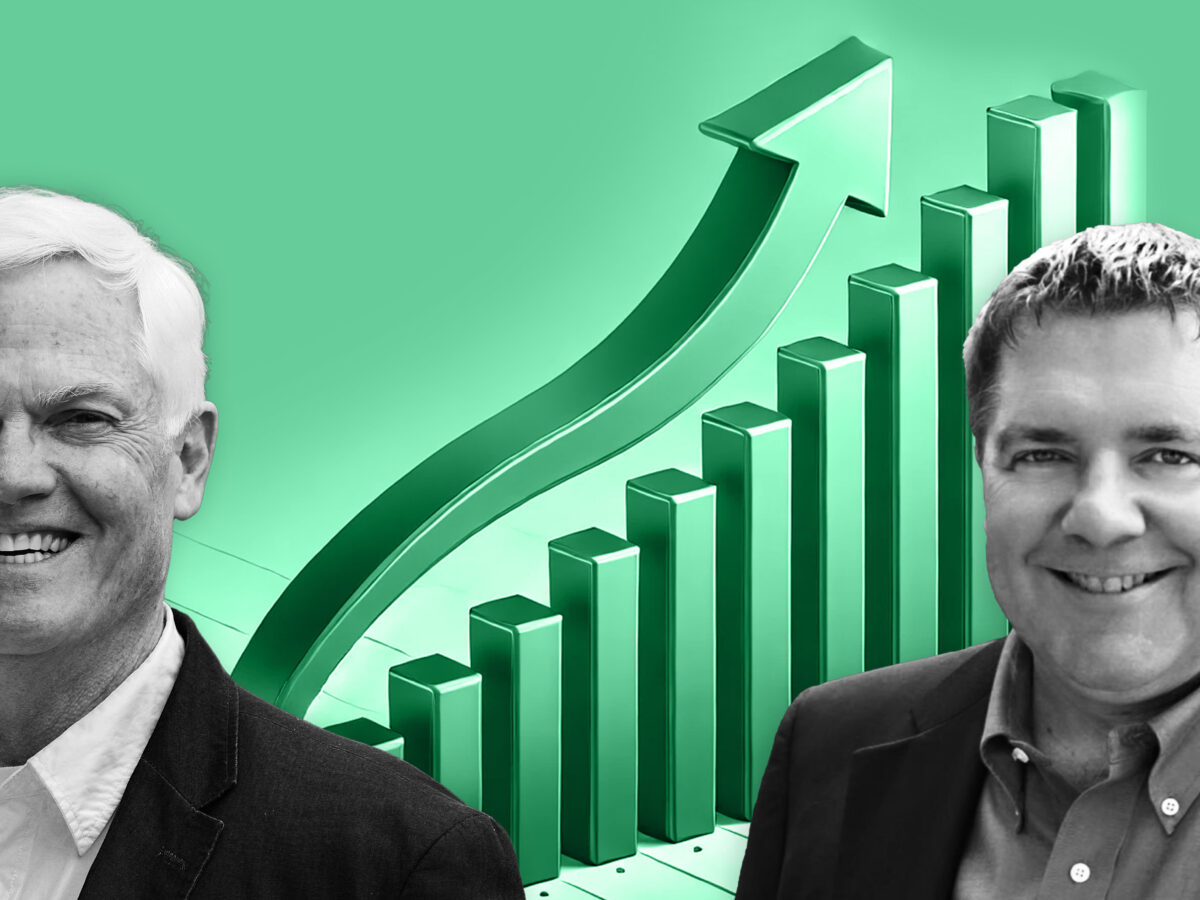LABOR DAY

September 7, 2020, will be a different kind of Labor Day, one celebrated from a very different perspective for many if not most Americans. It’s not your traditional “unofficial end of summer” holiday where millions gather together for picnics in public parks or barbecues in neighbors’ back yards; where kids get to play freely with friends as they expend nervous energy in anticipation of a new school year, new teachers and classrooms full of friends and new beginnings.
This Labor Day will be laborious for many – especially the unemployed and the underemployed who feel loss of income and increased insecurities. This Labor Day will also feel more subdued for the many who are still working – but in most cases under very different circumstances where physical restrictions deprive us of the personal human interactions we crave and always took for granted. This Labor Day will also be sad for millions. The CDC reported a dramatic increase in rates of depression, anxiety, substance abuse and other stress-related morbidities during the first three months of the pandemic, a trend I am confident will linger and affect millions the longer the pandemic and recession endure.[1]
So, how should we celebrate this Labor Day when life is so different from what we want? I believe we can find meaning and even joy by going backwards to look forward.
Labor Day had its origins in the 1880s and the beginning of the Progressive Era which lasted until the 1920s. Labor Unions were organizing, suffragettes were multiplying, and social ills and injustices were being addressed by determined union leaders, brave women and bold politicians like Theodore Roosevelt. Labor Unions fought back heroically against the big corporations. Child Labor Laws were created to protect the youngest. And a matrix of social systems (religious, civic and governmental) developed to set our country on a better path to create access to education, healthcare and opportunity, even for the most recent immigrants who were fighting to assimilate successfully.
When you think of those days, the white-collar middle class was very small. Our society, from top to bottom, depended completely on the hard work of the common laborer: the farm hand, the coal miner, the weaver, the steel worker, the brick layer, the vegetable cart worker. I would argue that their industry was driven less by the “Puritan Work Ethic” than by the fight for obtaining the very basics of food, shelter and clothing. Everyone found a role and played a critical part of making society work for more people. My grandparents were born at the turn of the Twentieth Century. I cherished their stories. They grew their own gardens, darned their own socks, made their own soap, raised and plucked their own chickens, and worked from sun-up to beyond sun-down. They mourned when a family member or friend succumbed to the measles or some other disease that modern medicine conquered long ago. And they laughed and sang and told stories to entertain themselves in the days when motion pictures were just getting started.
Life was hard but they felt good about themselves and took care of each other. They took on the challenges of basic life with resolve and humor. They took part in spirited conversations and tough debates—and everyone shook hands after the battle.
Let’s remember from where our country came. And let’s take the cues from our decades of overcoming national challenges, like wars, depressions and pandemics. Let’s celebrate the dignity of every human being, every worker, and say to each other: “thank you for your work because it matters to me and it makes a crucial difference for all of us.”
